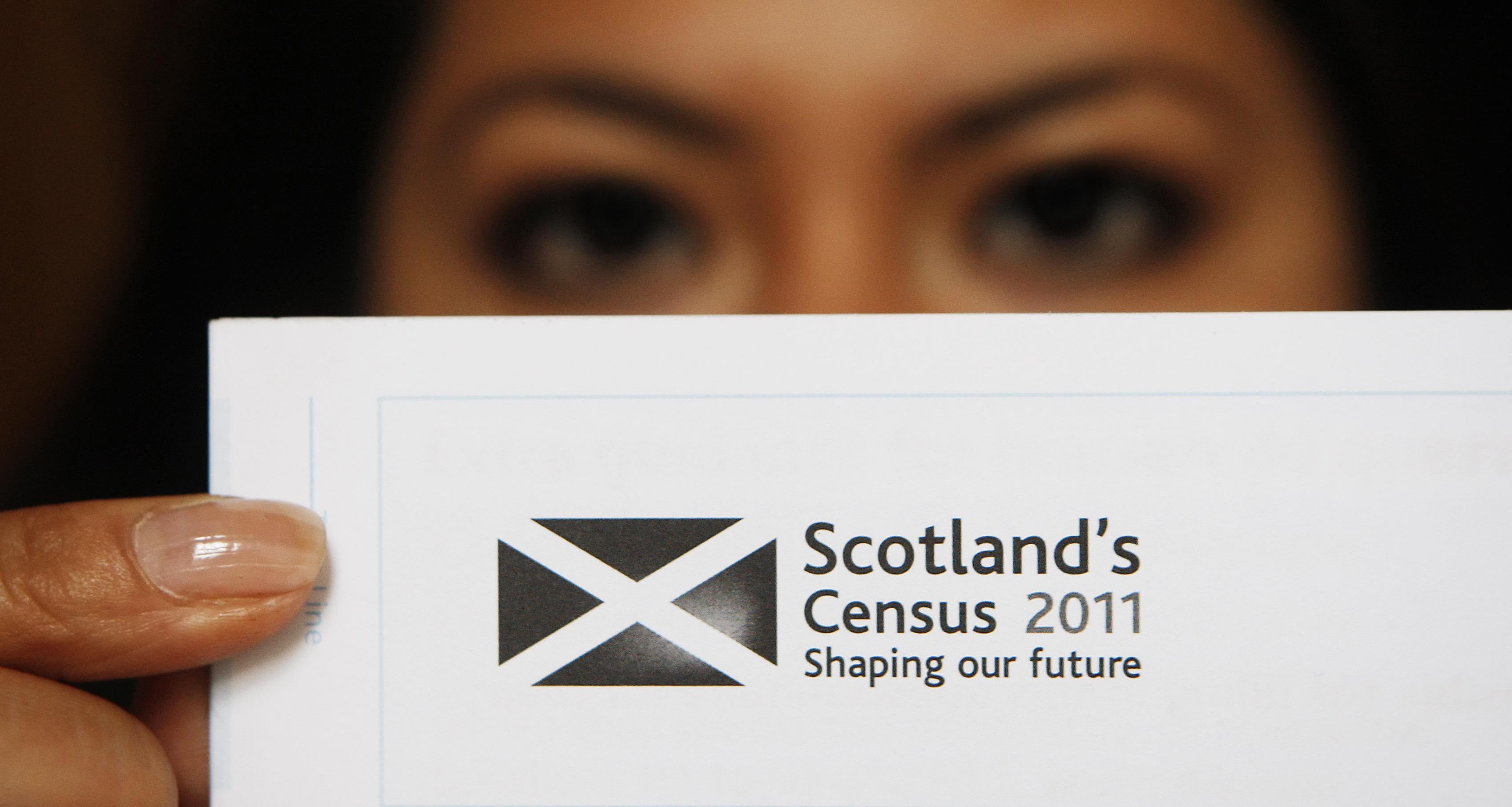Women’s group urges court to overturn sex identity guidance in census
Guidelines issued last year said people could self-identify their gender in the 2022 census.

A women’s campaign group has urged a court to overturn a decision to allow people to self-identify their gender rather than according to their legal status in Scotland’s 2022 census.
Guidelines issued by the National Records of Scotland in August last year said people answering the sex question in the census could answer it as to how they self-identify, regardless of whether they have a gender recognition certificate.
But at the Court of Session in Edinburgh on Wednesday, campaign group Fair Play For Women (FPFW) told the court that sex could be changed only with a gender recognition certificate, and what was meant by sex was set out in the Census Act 1920.
Roddy Dunlop QC, acting on behalf of FPFW, told Lord Craig Sandison QC: “Sex in law is biological sex and Parliament provided one route and one route only in which sex can be changed – for someone with a gender recognition certificate (GRC).
The sex on the gender recognition certificate provides the true answer to the sex on the census. Anyone else, it is the sex with which you were born. These are the only lawful options
“The sex on the certificate provides the true answer to the sex on the census. Anyone else, it is the sex with which you were born. These are the only lawful options.”
He argued it would be a criminal offence to give an incorrect answer, and that the sex question “must be answered and it must be answered truthfully”.
Under plans from the National Records of Scotland, this year’s delayed census will contain guidance on the question of a person’s sex, saying: “If you are transgender you can be different from what is on your birth certificate. You do not need a gender recognition certificate.”
But Mr Dunlop told the virtual hearing the guidance was unlawful, and added: “The sex question has been left binary. It must be answered, and it must be answered truthfully. The true answer is the sex on the GRC or, absent of a GRC, biological sex, there is no other lawfully true answer”.
Douglas Ross QC, for the Scottish Government, said that the 1920 Act was introduced to provide a framework for future censuses and designed to “evolve with the times and able to accommodate changes”.
“The rigid and unaccommodating definition, urged by the petitioner, should be rejected by the court”, Mr Ross said, “instead, in my respectful submission, it is consistent with the 1920 Act and reflective of respect for and recognition of the status of transgender people, that the sex question be capable of being answered in the way suggested in the guidance.”
In the near-day long hearing, Mr Ross added laws had been updated in the past allowing co-habiting couples to be considered family members, for example, and he told Lord Sandison that “if it be thought that Parliament in 1920 would have viewed sex in the narrow way proposed by the petitioner, it’s quite appropriate for your lordship to take the normal approach and apply an updating construction of that expression.”
Lord Sandison will make a decision within the next 14 days, the court was told.
In March, a High Court judge in London ordered that part of the guidance from the census in England and Wales accompanying the question on an individual’s sex should be removed after action by FPFW.
Mr Justice Swift ruled that the online guidance, which is not in the paper versions of the census, should be altered to make it clear that the question can only be answered by reference to a birth certificate or gender recognition certificate.